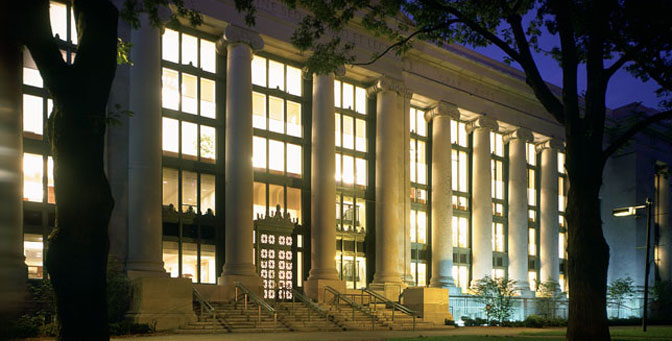
Harvard Law School
Harvard Law Students Reject Clerkships To Trump-appointed Judges
Students at Harvard Law are avoiding clerkships with Trump-appointed judges.
The Boston Globe reports that Harvard Law School urged students to apply for clerkships under Trump-appointed judges, but received no applications—calling them “wasted opportunities.”
“Five or 10 years ago, people would be in a rush to apply,” Emma Janger, a third-year Harvard Law student and the cofounder of law student activist group the People’s Parity Project, tells the Globe.
But now, it appears Harvard Law students are reluctant to clerk for judges who they may disagree with on ideological values, such as gay rights and abortion.
“Students recognize that prestige isn’t all that they are leaving law school with. There are other values that are more important,” Janger tells the Globe.
PRESTIGIOUS CLERKSHIPS? WASTED OPPORTUNITIES?
One of the Trump-appointed judges is Lawrence VanDyke, who was confirmed earlier in January to become a new judge of the Ninth Circuit, according to The Harvard Crimson.
According to Bloomberg Law, the Ninth Circuit is one of the most desirable clerkships.
Yet, in October, the ABA found VanDyke to be “Not Qualified” to serve on the United States Court of Appeals for the Ninth Circuit.
According to the Crimson, the ABA cited interviews where VanDyke was “lacking in knowledge” and “arrogant.” Additionally, the ABA had raised concerns about his view toward LGBTQ individuals.
In an interview with the Crimson, Mark Weber, Harvard Law Assistant Dean for Career Services, said his office shares available clerkship opportunities with the students.
“We work to share available clerkship opportunities with our students, confident they will apply for the ones that best suit their interests and needs,” he tells the Crimson. “We understand that different judges appeal to different applicants for different reasons.”
But experts say Harvard Law’s approach to sharing clerkships is worth the criticism.
“It’s not responsible to tell students that they should apply to any/every judge, or to say that *anyone* with whom the students might disagree is a judge they should be willing to clerk for,” University of Michigan law professor Leah Litman wrote on Twitter. “It is also a good reminder to our profession that we should be thinking (and rethinking) the kinds of positions/jobs/work experiences we reward.”
Sources: Boston Globe, Harvard Crimson

Questions about this article? Email us or leave a comment below.